Dr Stella Louis provides an overview around the grounding elements of the Froebelian approach. This includes unity and connectedness, observations and the role of the adult. The key messages are: starting from the child by observing what they already know and can do, having a good understanding of children's development and focusing on how children learn rather than what children learn.
To learn more about Friedrich Froebel and the Froebelian approach visit: https://thevoiceofearlychildhood.com/early-childhood-pioneers/friedrich-froebel/
Episode break down:
01:25 - Unity and connectedness: Building on what children CAN do and already know
04:06 - Educational resources: Froebel's gifts and occupations
07:58 - The mother songs: Froebel's biggest contribution
10:43 - Physical development through the mother songs
13:00 - Childhood is a stage within its own right
16:15 - The role of the nurturing adult
19:26 - Real, tangible, first hand experiences
20:44 - Thinking beyond children's interests
24:10 - Respecting the process and not just focusing on the outcome
25:48 - Teachable moments come from knowing the child and community
28:35 - Knowledge of child development in curriculum building
30:06 - A summary of this episode
31:55 - Dr Stella Louis' new book: Let's talk about race in the early years
For more episodes visit The Voice of Early Childhood website: https://www.thevoiceofearlychildhood.com
More Episodes
Ofsted’s and the DfE’s voices must be heard whether we like them or not…
 2024-03-04
2024-03-04
Aligning learning environments with the needs of the brain
 2024-02-26
2024-02-26
Plugging the gap in children’s physical development
 2024-02-19
2024-02-19
Sustainable business growth in early childhood education
 2024-02-12
2024-02-12
The brain, behaviour and learning: Connecting the dots
 2024-02-05
2024-02-05
Why children need joy
 2024-01-29
2024-01-29
Creative pedagogical practices to encourage agency
 2024-01-22
2024-01-22
Impacts of outdoors on children's behaviour and attention: The science behind outdoor play series
 2024-01-15
2024-01-15
The power of play in the absence of language: Bridging language barriers for EAL children
 2024-01-08
2024-01-08
Telling hopeful stories of advocacy, agency and rights in ECEC
 2024-01-01
2024-01-01
Noise levels in classrooms: The science behind outdoor play series
 2023-12-25
2023-12-25
What is an early years curriculum?
 2023-12-18
2023-12-18
The science behind outdoor play: Part 2
 2023-12-11
2023-12-11
The brain that loves to play
 2023-12-04
2023-12-04
The science behind outdoor play: Part 1
 2023-11-30
2023-11-30
Observing and documenting children’s interests
 2023-11-20
2023-11-20
How do children learn to read and what's wrong with letters in a sand tray?
 2023-11-13
2023-11-13
Using artificial intelligence in early years
 2023-11-08
2023-11-08
What’s the problem with tuff tray maths?
 2023-10-30
2023-10-30
The skill of observation
 2023-10-23
2023-10-23
Create your
podcast in
minutes
- Full-featured podcast site
- Unlimited storage and bandwidth
- Comprehensive podcast stats
- Distribute to Apple Podcasts, Spotify, and more
- Make money with your podcast
It is Free
You may also like
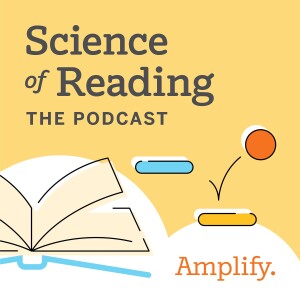
Science of Reading: The Podcast

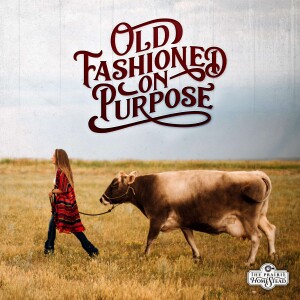
Old Fashioned On Purpose


Budget Effect: How to Pay off Debt, Save Money, Live on a Budget, Improve your Money Mindset, and start Budgeting as a Single Mom

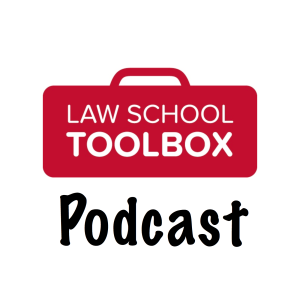
The Law School Toolbox Podcast: Tools for Law Students from 1L to the Bar Exam, and Beyond

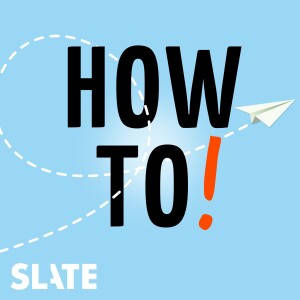
How To!


- Privacy Policy
- Cookie Policy
- Terms of Use
- Consent Preferences
- Copyright © 2015-2024 Podbean.com

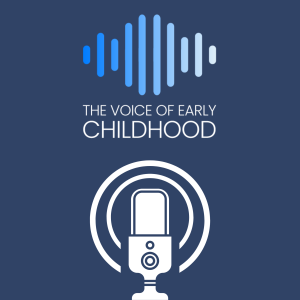


 iOS
iOS Android
Android